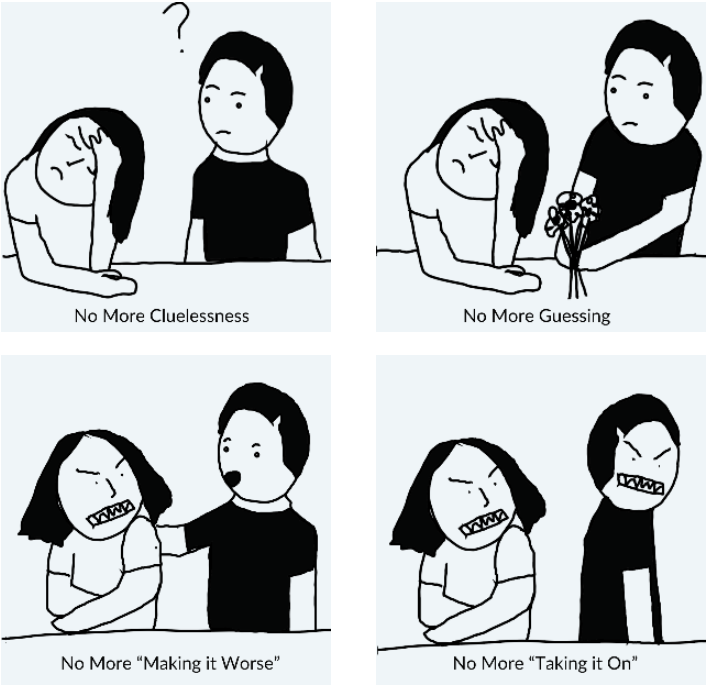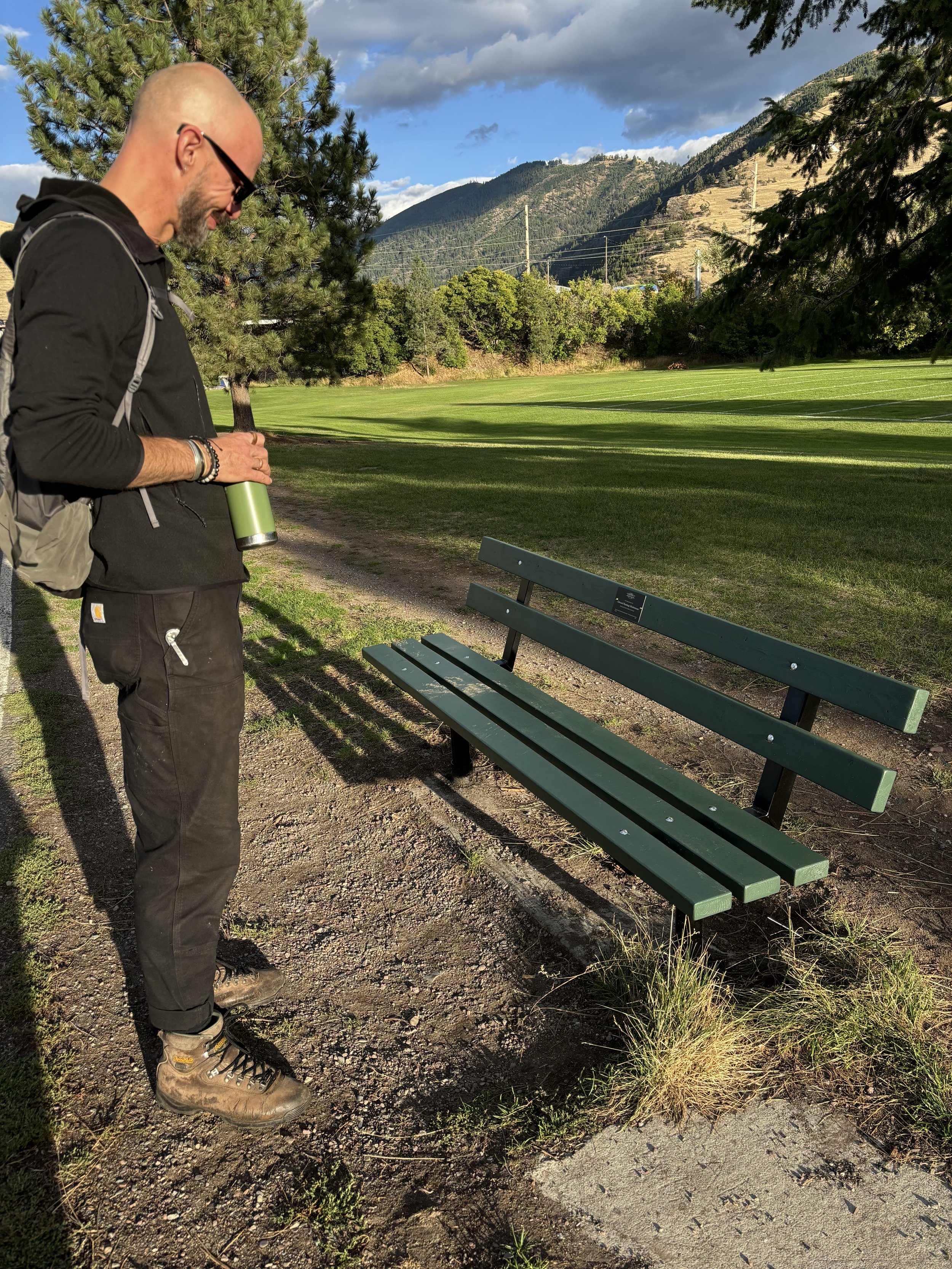Have you been following the recent movement around longevity?
A core concept of this movement is the idea that death is a disease, and that we can actually find a way to reverse the negative effects of aging.
We watched the Netflix documentary about this, called Don't Die, and immediately emailed Bryan Johnson's team. Because even though his regimen is ridiculously optimized, studied, and researched, it's still missing a key ingredient:
Nervous System Agility!
As you already know, here at the Center for Emotional Education, we help people develop nervous system agility using our NeuroEmotional framework. We teach folks to learn to move fluidly between Survival, Emotional, and Executive brain states — reducing chronic stress, improving neurochemical balance, and fostering optimal functionality.
But did you know nervous system agility also slows down aging?
Here's how:
🧠 Reduces Allostatic Load
Chronic stress accelerates aging at a cellular level and interrupts normal autonomic activity in the body. Our methods shift people out of chronic stress and Survival states, restoring and enhancing autonomic performance, preserving longevity at a nervous system level.
🔬 Optimizes Neurochemical Functioning
We teach tools to actively manage neurotransmitters like oxytocin, dopamine, and serotonin, but also GABA, acetylcholine, norepinephrine, and endocannabinoids — all critical for cognitive longevity, emotional well-being, and ideal system-wide operation.
🧭 Enhances Executive Brain Access
Just as metabolic flexibility is essential for physical longevity, brain state flexibility is essential for cognitive, emotional, and psychogenic longevity. Our approach helps people sustain higher Executive function, creativity, and adaptive problem-solving over a lifetime.
💛 Improves Relationship Health
Longevity isn’t just about individual optimization — it’s also about the quality of our connections. We teach people how to create more emotionally safe environments and habits that foster healthier, more sustainable relationships.
Let's face it, even if we're not trying to live forever (we're not!), most of us want to live the days we do have, really well.
So in addition to all the cool anti-aging stuff like smoothies, collagen, red lights, UV lights, creatine, exercise, electrolytes, etc., etc., we can also add in a quick NeuroEmotional Protocol anytime we think of it!
10 – 3 – 1
Quick NeuroEmotional Protocol for Anti-Aging
10 Breaths – Take quick-ish full inhales, long slow exhales all the way out.
3 Emotions – Name three feelings you are having out loud to yourself.
1 Action – Determine one tiny action you can take right now that is self-nourishing or meets another important need
If you want to learn more about nervous system agility, and even pick up a Certification while you're at it, check out our upcoming course, Support Fundamentals.
And whether you're super invested in performance and future-forward human design, or simply want to live your good life even better, we're cheering you on!





































